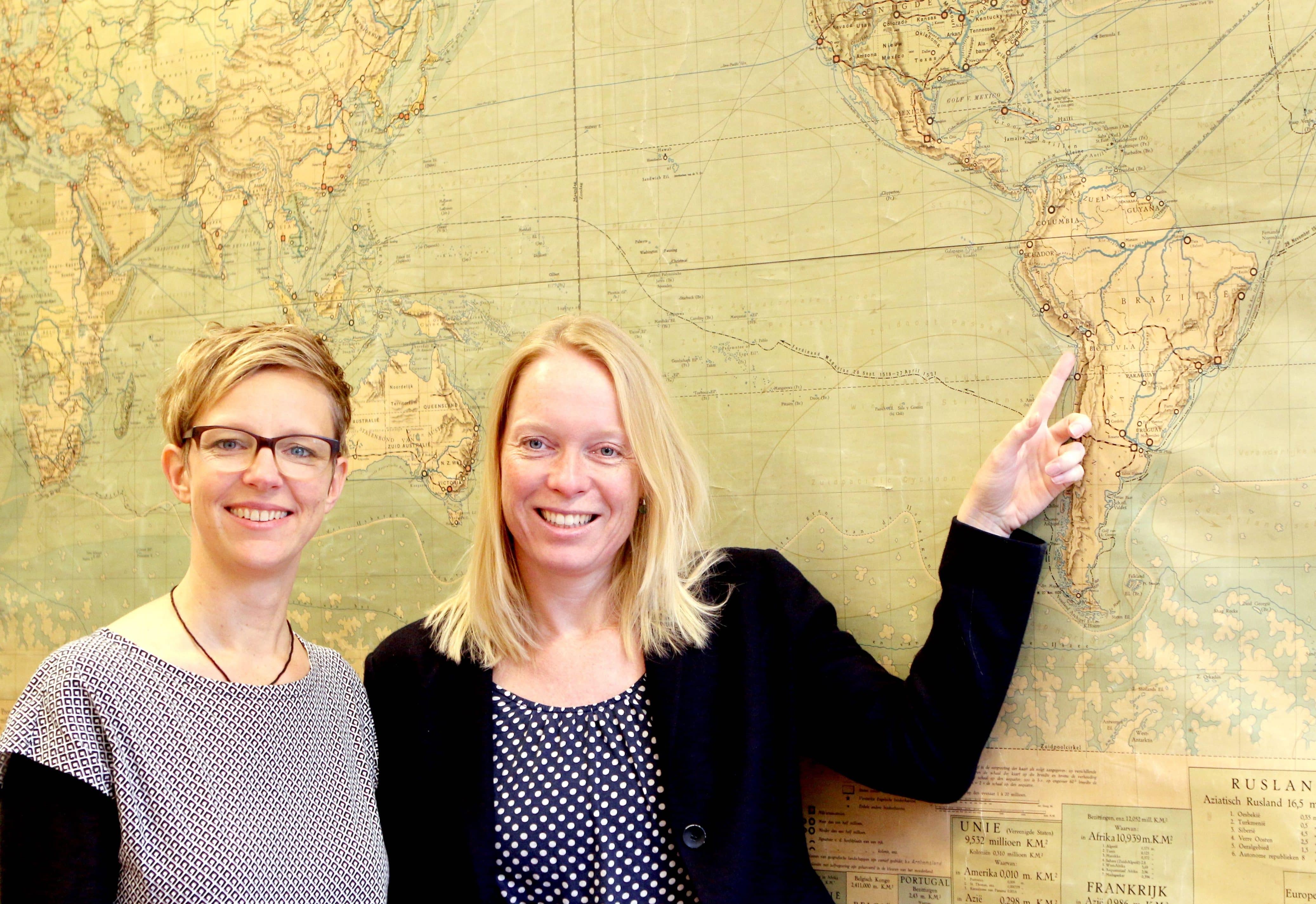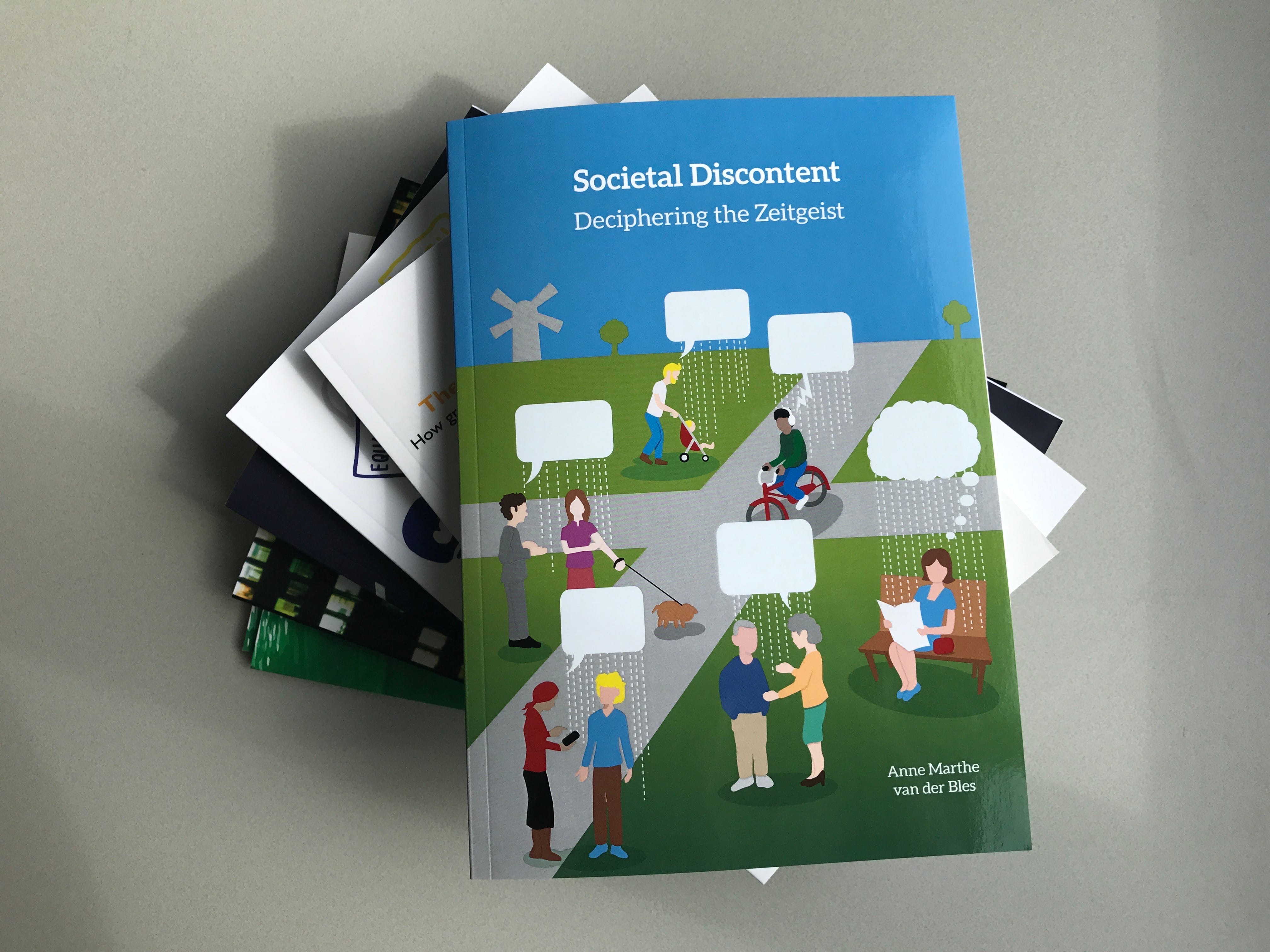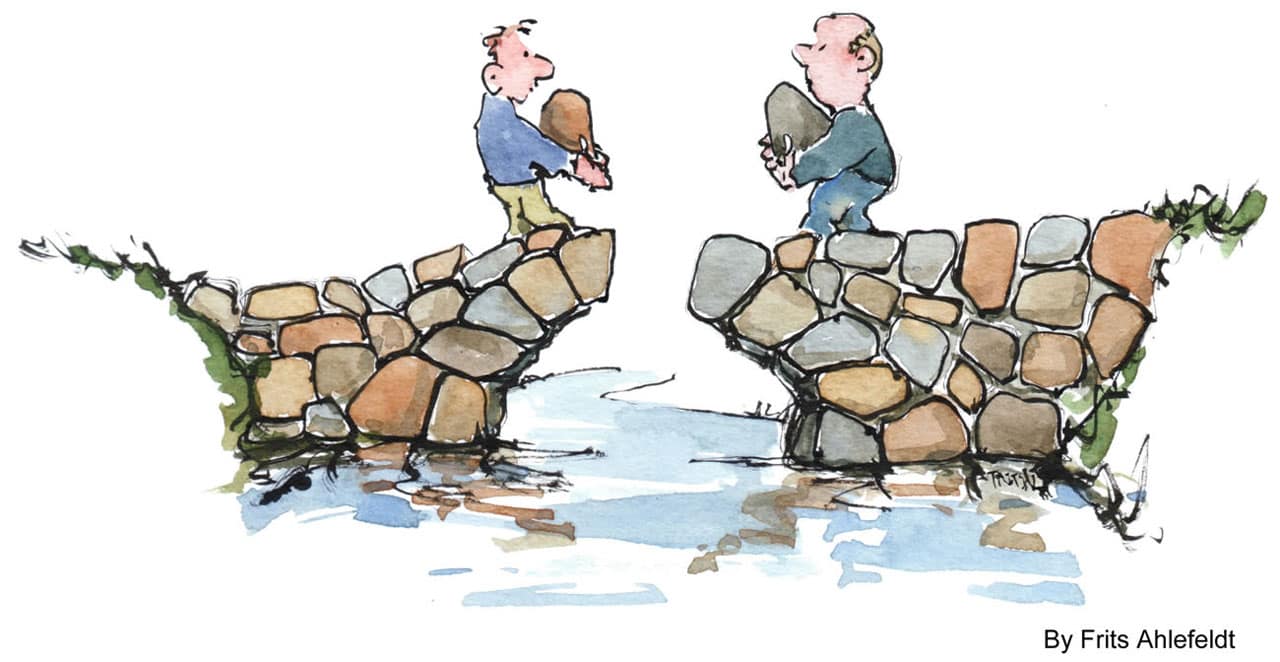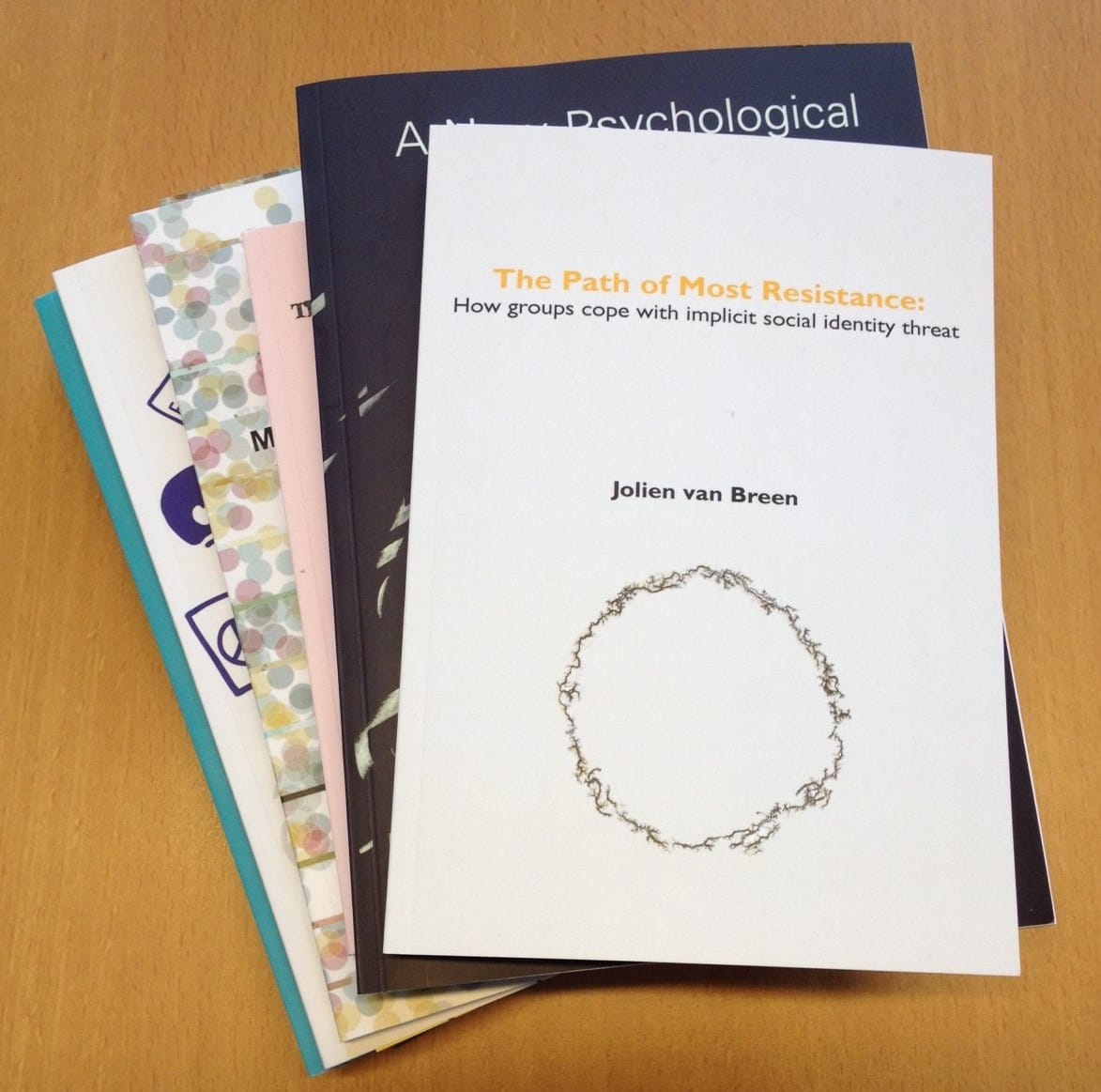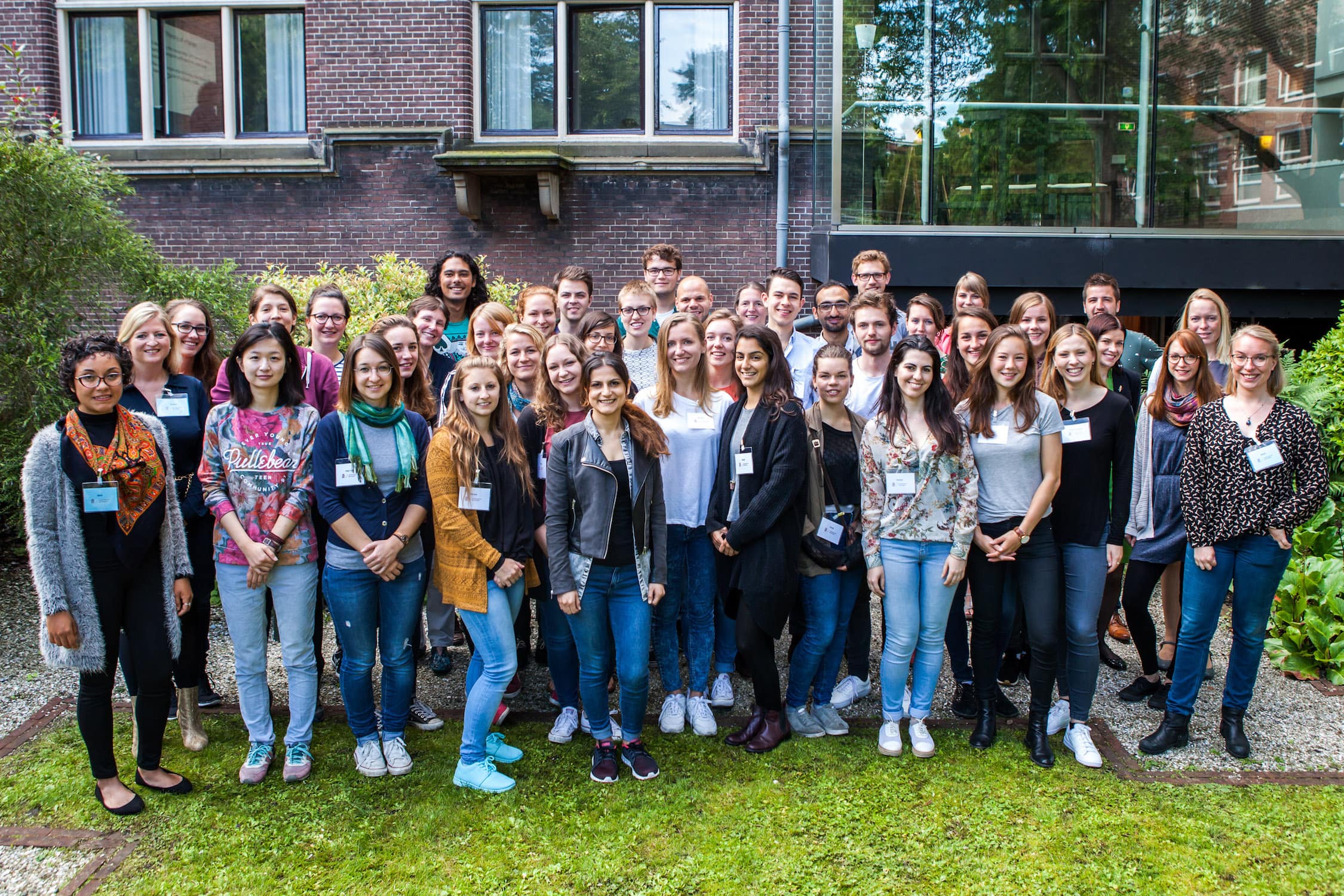How does the experience of trauma impact women’s empowerment and economic participation over time? Social and clinical psychologists join efforts to follow the development of Bolivian girls over the next ten years.
Most of us may be horrified by mass shootings, but might some people get inspired by such attacks? We explore how certain gun owners, especially those struggling with failure and fear, could become tempted to perceive their own guns as sources of personal empowerment.
Tomorrow, September 27, Anne Marthe van der Bles will defend her dissertation in which she examines today’s Zeitgeist. She identifies Factor Z, which poses a new way to understand why voters choose extreme candidates.
As part of the course Intergroup Relations, third-year psychology students write a popular science article about stereotypes and prejudices. Mindwise publishes a modified version of two of these articles. Today’s article is written by Lena Paulsen, Louise Teschemacher, and Felix Grundmann.
As part of the course Intergroup Relations, third-year psychology students write a popular science article about stereotypes and prejudices. Mindwise publishes a modified version of two of these articles. Today’s article is written by Jana Schöppe, Eva Rüger, Jana Hammelehle, Atal Amini and Luise Pieper.
A few years ago, an unlikely collaboration between social psychologists from the University of Groningen and choreographers from Random Collision began. Understandably, you might wonder why choreographers and social scientists would want to. It all started when we discovered a shared interest in the social impact of dance: “How do dancers move their audiences?” “When do passive viewers become involved?” Together we set up a research project to investigate these questions.
Today, Jolien van Breen will defend her dissertation in which she demonstrates that members of disadvantaged groups can resist subtle cues of social devaluation, such as implicit stereotypes. That is, she demonstrates that members of disadvantaged groups are more resilient than previously thought.
What can movements do to increase their number of supporters? Not all who belong to the same group share the same values (e.g., not all women share feminist beliefs). To appeal to a broader audience movements could align their values with the greater societal goals.
How does an ordinary citizen become an activist? What is it that powers their transformation from a passive citizen into an active one? These questions sat at the heart of my PhD research, which explored the changes in identity that people go through as they become activists. Findings indicated that activism may change individuals in a fundamental way, similarly as religion.
Last summer, students, refugees, academics, and practitioners from different nations and disciplines came together to explore the complexity of migration, the problems around it, and alternatives to current practices in policy and society at the RUG. The summer school ‘Migration Matters’ resulted in three concrete student initiatives to improve the lives of refugees.

